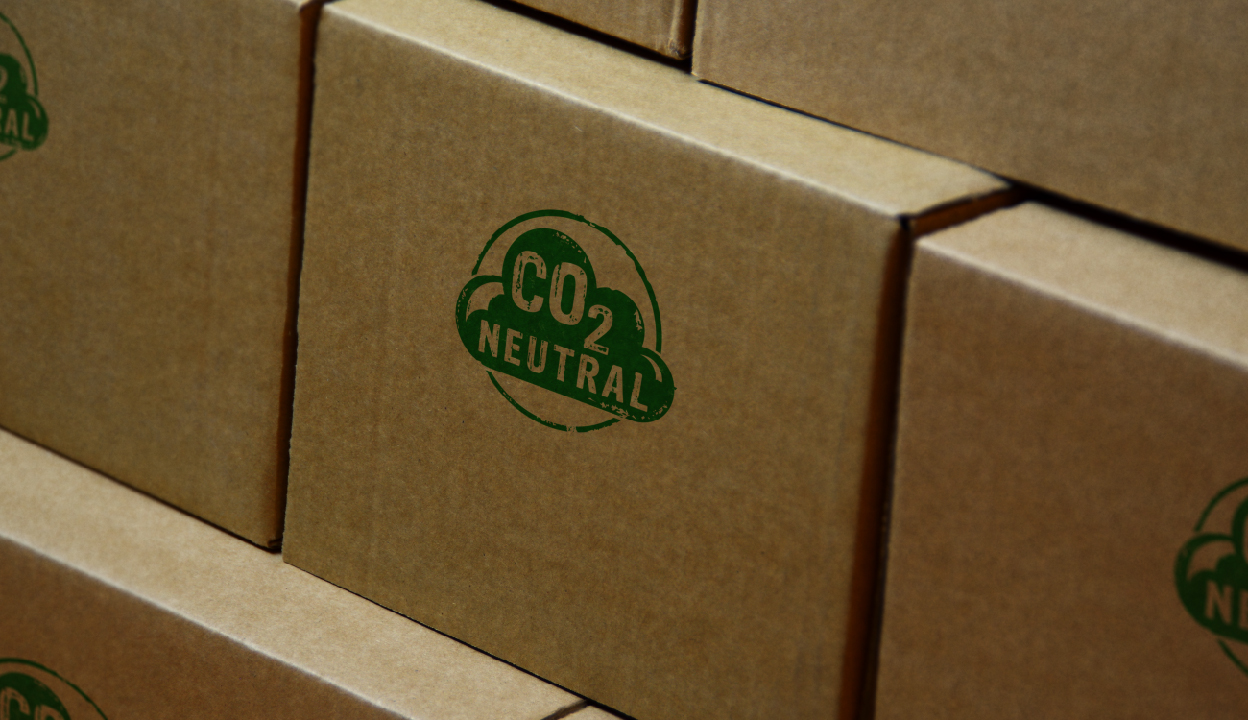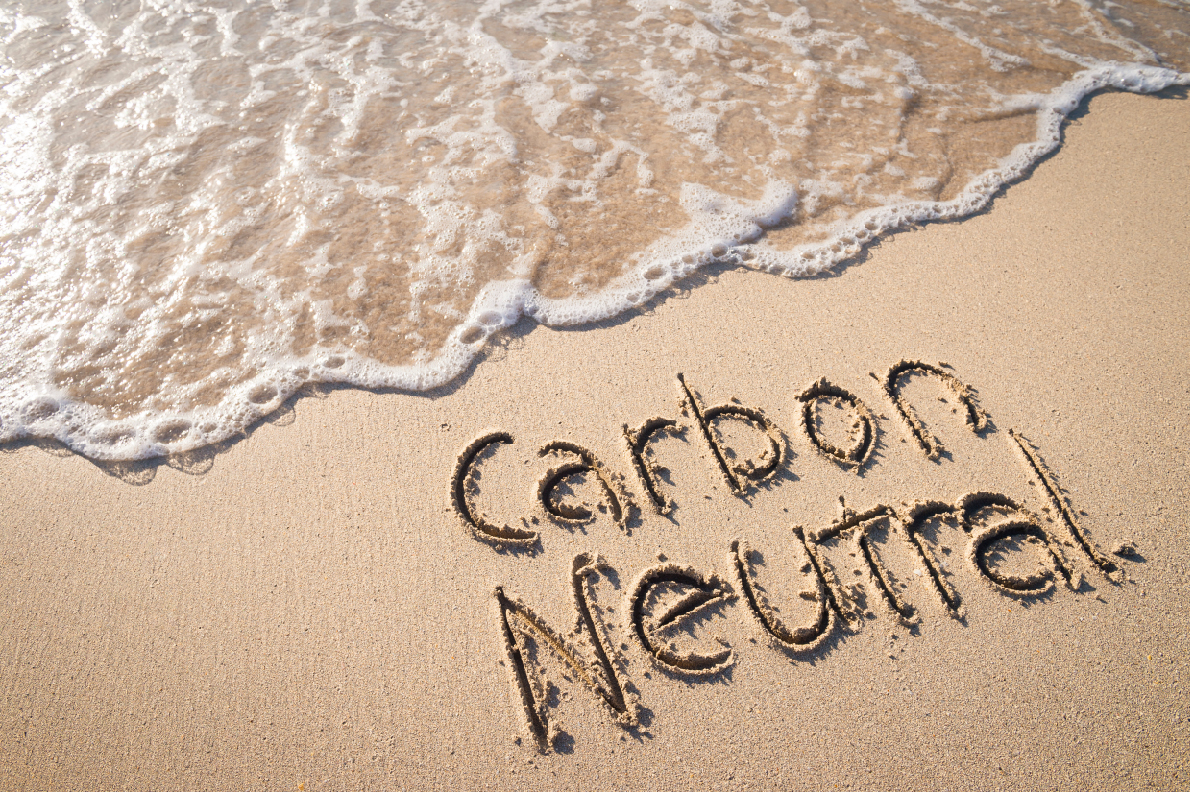
Like them or not, we need carbon offsets. We just need to make them better.
By Dr. Michael Rensing
Recently I have been reading in the news about large corporate emitters, such as Delta Air Lines, Shell and others being accused of greenwashing for their use of carbon offsets. Not only are these accusations being levied in the court of public opinion, but they’re also leading to actual lawsuits. The questions being raised in these cases are critical. Should an organization be permitted to offset their own emissions—essentially buying their way out of trouble by purchasing carbon credits from those who actually made a positive impact? And equally importantly, should this organization be able to claim carbon neutrality as a result?
To be clear, quality offsets are a critical transitional tool for global GHG reductions. Without them, we won’t be able to achieve our climate goals in the time we have remaining. Offsets used in the early stages of a greenhouse gas reduction strategy support global reductions and benefit projects that need financing. Offsets in later stages are a means of reducing global emissions when no other reductions are possible. However, in deep decarbonization scenarios, offsets alone will only get us halfway. For every tonne emitted and offset by a reduction elsewhere, the net reduction is only 50% globally.
Cutting emissions in half is certainly significant, but if international commitments to reduce global emissions 43% by 2030 from 2019 levels and 68% by 2050 are going to be met, large-scale rapid action is needed, and large emitters will need to implement direct reductions in addition to using high-quality offsets. More than half the world's emissions come from industrialized nations and large industries, and it should be clear that everyone needs to reduce their emissions as much as possible, even while relying on offsets.
The criticisms levied against big users of offsets are that either the offsets they have used are low-quality, or that the company is not making enough effort to reduce their own emissions. Certain companies have also been accused of false advertising, and recently some companies, such as EasyJet, have even stated that they are going to move away from using offsets. This may be an extreme response, but it is a sign of overall mistrust in offset markets.

Some critics say that all offsets are greenwash by definition, and there is some truth to this accusation. Some offsets have been generated using poor assumptions about the underlying emission reductions, and others have actually been fraudulent. But it is critical to understand that carbon offsets can be high- or low-quality; they are not all the same. High-quality offsets represent legitimate greenhouse gas reductions, and high-quality offsets are recognized as supporting the development and implementation of real solutions that reduce emissions.
Without question, voluntary carbon offset markets need to have higher standards of transparency and durability. Carbon offset programs should adhere to the Core Carbon Principles outlined by the Integrity Council for the Voluntary Carbon Market (ICVCM), which ensure high-quality credits that result from verifiable greenhouse gas reductions, backed by transparent data. If a company is not ensuring that the offsets that they rely on adhere to these principles, those credits might have dubious value. Greenwashing through a lack of due diligence may be unintentional, but poor due diligence is not good business practice and can make a company vulnerable to accusations of fraud.
Greenwashing in another form occurs when a large emitter claims to be addressing the need to reduce emissions by purchasing offsets without revealing the scale of their own emissions, or without having any concrete plans to reduce those emissions. Offsets work best when implemented alongside other mitigation efforts. By 2050, everyone needs to have made significant reductions, and they need to start making those reductions immediately. When a company does not show credible plans to reduce emissions or a commitment to finding solutions, it raises concerns that the credits are being used to avoid taking meaningful action and are locking in the high-emission status quo. Public response is signalling that many customers feel that this may be the situation in the case of the airline industry.
Let’s take a closer look at the aviation sector for a moment. Aviation is responsible for over 2% of global GHG emissions, more than most countries’ total emissions. At this scale it is obvious that there must be direct reductions within the industry. The international aviation industry has committed to a GHG reduction plan that will allow for continued growth while achieving real emission reductions, so that by 2050 they will have reduced their emissions by 81% of their 2019 baseline value. They plan to use offsets to address the remainder. Some of the real reductions will come from increased efficiency and new propulsion technologies, while at least 65% will come from sustainably sourced renewable fuel. These fuels can be made in several ways that have been proven to be technically feasible, but these are new products, and not enough is being produced to have a large effect. While the fuel industry responds by increasing production capacity, the aviation industry must rely on high-quality offsets. To ensure the quality of the offsets they acquire, the airline industry is working with independent authorities to set standards that adhere to the Core Carbon Principles.
At a personal level, even as we hold airlines accountable for their actions, we should be thinking about our own air travel. The aviation industry has no choice right now but to use fossil fuels and purchase offsets while solutions are being implemented. The principle of using offsets as an interim step or as the last resort after all other avenues have been exhausted means that using offsets for unnecessary travel is also greenwashing. Until airlines can reduce the direct GHG emissions from airplanes, we should reduce our individual use of air travel as much as possible, and only use offsets as a last resort. Of course, offsets need to be transparent, high-quality and durable, and even in that last resort we should also be holding anyone relying on offsets to the highest standards possible.

